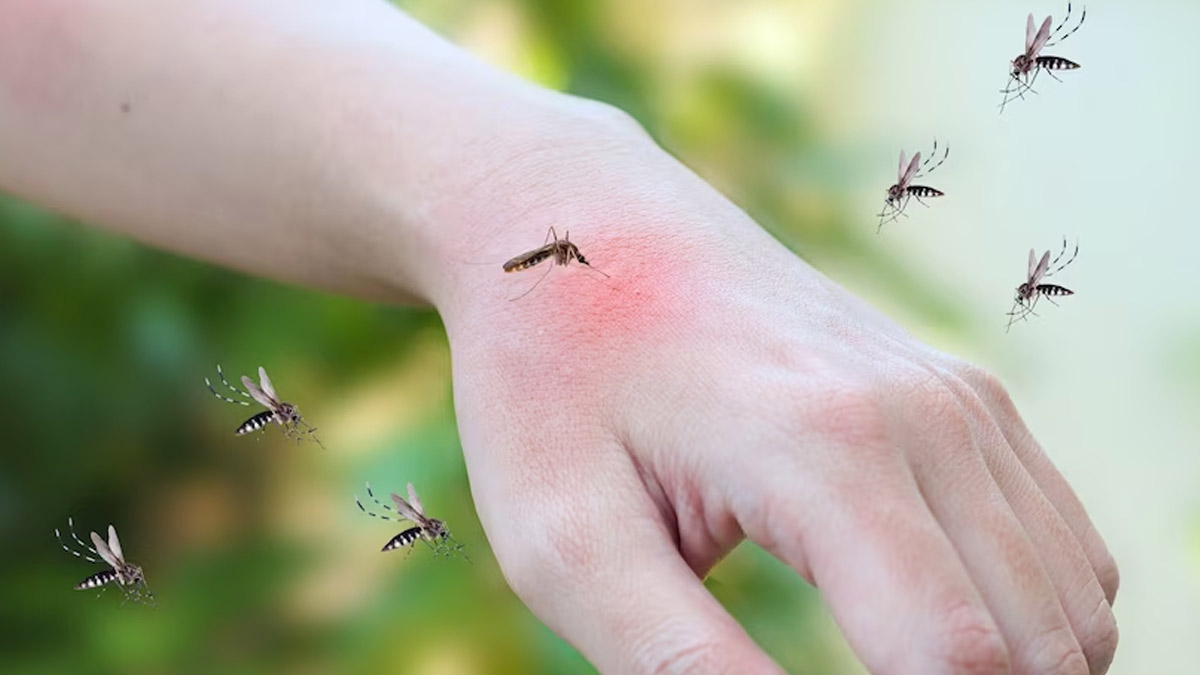
In a major breakthrough, scientists have developed a revolutionary CRISPR-based system that could potentially wipe out malaria-carrying mosquitoes, bringing us closer to eliminating this deadly disease. The new technique utilises gene-editing technology to target and modify genes within mosquito populations, effectively rendering them unable to transmit malaria.
Table of Content:-
The researchers at UC Berkeley and the California Institute of Technology focused on a specific gene called "doublesex," responsible for determining the sex of mosquitoes. By utilizing the CRISPR-Cas9 system, they successfully manipulated this gene, resulting in the birth of only male mosquitoes. Since only female mosquitoes bite and transmit malaria, a population composed solely of males would drastically reduce the number of malaria-carrying insects.

Preliminary laboratory tests have shown promising results, with a significant reduction in mosquito populations. However, further studies are necessary to ensure the long-term effectiveness and ecological consequences of this approach. Ethical considerations and potential impacts on the ecosystem will be crucial factors to address before any large-scale implementation can take place.
Also read: Monsoon Drinks: 4 Detox Drink You Should Try This Rainy Season
If successfully implemented, this CRISPR-based system could offer a groundbreaking solution to combat malaria, which claims hundreds of thousands of lives each year, particularly in regions with limited access to healthcare. The eradication of malaria-carrying mosquitoes would provide a significant leap forward in global efforts to eliminate this devastating disease and improve public health worldwide.
Stay tuned for more updates as scientists continue their research and work towards harnessing this innovative gene-editing technology to combat malaria.
Also watch this video
How we keep this article up to date:
We work with experts and keep a close eye on the latest in health and wellness. Whenever there is a new research or helpful information, we update our articles with accurate and useful advice.
Current Version